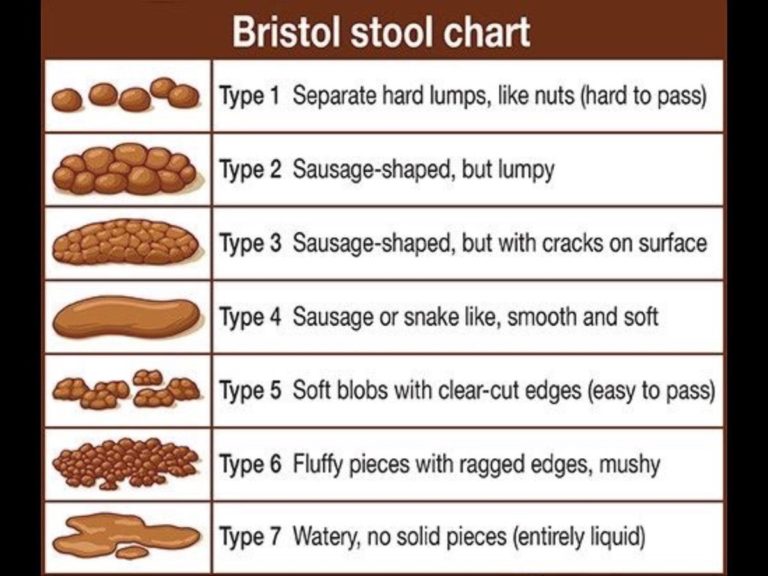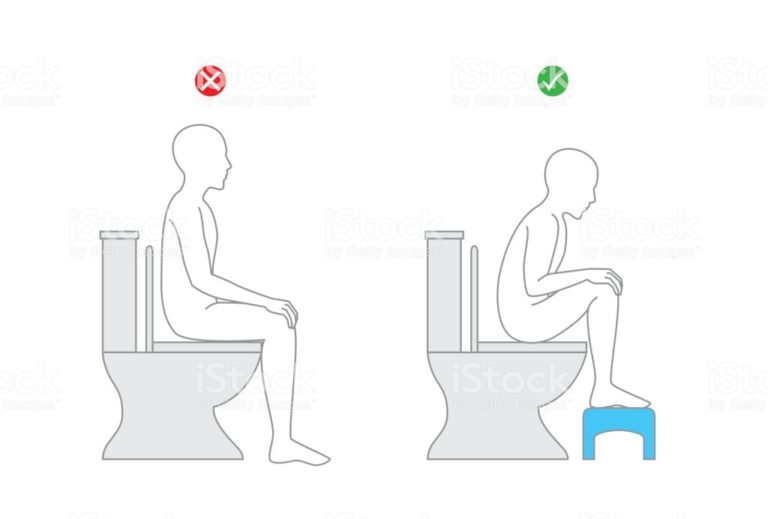↧
Channel:
X
Are you the publisher?
Claim or
contact us
about this channel.
X
0
Channel Details:
- Title:
- Channel Number: 80660288
- Language: English
- Registered On: May 28, 2024, 9:39 pm
- Number of Articles: 10
- Latest Snapshot: May 28, 2024, 9:39 pm
- RSS URL: http://projectphysio.co.nz/feed
- Publisher: https://projectphysio.co.nz
- Description: Physiotherapist located in Mount Maunganui, New Zealand
- Catalog: //laudanidine79.rssing.com/catalog.php?indx=80660288
© 2025 //www.rssing.com

